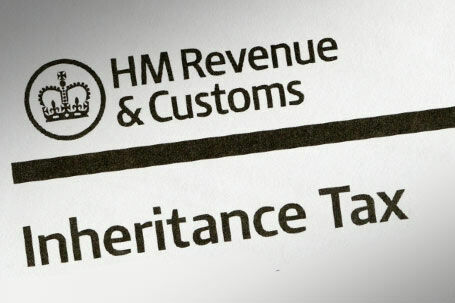What is inheritance tax?
Inheritance tax is tax on an estate (property, money, and possessions) of an individual who has died. The standard rate of inheritance tax is currently at 40%, which is charged if you are above the threshold of £325,000. This can potentially take a large chunk out of an estate, leaving beneficiaries with less than expected. However, there are ways to mitigate this tax burden, and one such method is by the inheritance tax exemption for gifts out of surplus income.
What is the Inheritance Tax Exemption for Gifts Out of Surplus Income?
The inheritance tax exemption for gifts out of surplus income allows individuals to give away their surplus income, without incurring any inheritance tax liability. Surplus income refers to income that exceeds an individual's normal expenditure requirements. It is important to note that the exemption does not apply to capital.
To qualify for this exemption, there are a few conditions that need to be met:
The gift must be made regularly and be part of your normal expenditure.
The gift must be made from your income, and not your capital.
The gift must not have any impact on your usual standard of living.
If the above is not met, then financial gifts made, may be liable to inherence tax on your death, depending on the total value made seven years prior. So, it is important to ensure you follow these conditions. While gifts made from surplus income are exempt from inheritance tax, they may still have an impact on other taxes such as income tax or capital gains tax. Therefore, it is important to seek professional advice before making any gifts.
Conclusion
The inheritance tax exemption for gifts out of surplus income can be an effective way to reduce an individual's inheritance tax liability. By making regular gifts out of surplus income, individuals can provide financial support to their loved ones during their lifetime, while also gradually reducing the size of their estate. However, it is important to ensure that the conditions for this exemption are met, and to seek professional advice before making any gifts. With careful planning and consideration, individuals can use this exemption to their advantage and ensure that their wealth is passed on to their loved ones as intended.
Contact our team here if you have any questions, see here for further information on IHT and companies.
Topics
Archive
- 2024
- March 2024 (1)
- January 2024 (1)
- 2023
- December 2023 (2)
- November 2023 (2)
- September 2023 (2)
- August 2023 (1)
- July 2023 (3)
- June 2023 (3)
- May 2023 (2)
- April 2023 (1)
- March 2023 (4)
- February 2023 (2)

